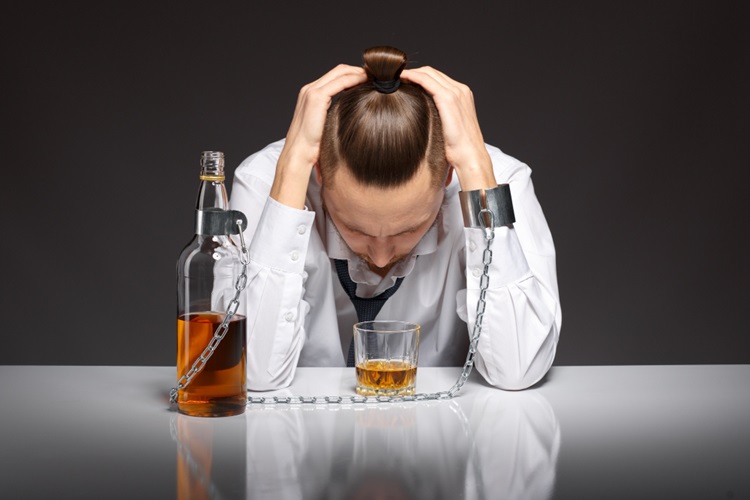Ever wondered, “How long does it take to get addicted to alcohol?” It’s a common question, and the answer isn’t as straightforward as you think.
This simple guide aims to shed some light on this complex issue. Understanding alcohol addiction is the first step towards safer consumption or helping a loved one.
This article will provide you with the information you need to understand the timeline of alcohol addiction, its effects, and ways to prevent it. So, let’s get started on this vital journey towards awareness and wellness.
How Long Does It Take To Get Addicted to Alcohol?
When it comes to addictive behaviors, many people think of drugs like cocaine or heroin. But the truth is that alcohol is also a highly addictive substance that can easily lead to addiction if not consumed responsibly.
But how long does it take? The answer varies from person to person. For some individuals, it can take weeks or even months of heavy drinking to become addicted. However, for others, it may only take a few instances of binge drinking.
What Are the Factors That Contribute to Alcohol Addiction?
Various factors influence alcohol addiction timeline. Let’s take a closer look at each of these factors:
Genetics
Genetics plays a significant role in determining how quickly someone might become addicted to alcohol. In simpler terms, if your family has a history of alcohol addiction, you might be more likely to develop an addiction, too. It’s like inheriting a trait from your parents, like your eye color or height.
Biological Factors
Biological factors are another important part of the puzzle. These factors include age, sex, and even general health conditions. For instance, young adults and men are usually more likely to engage in heavy drinking. Also, if you’re in poor health, alcohol can have a greater impact on your body, potentially leading to addiction faster.
Psychological Factors
Psychological factors also play a crucial role in developing an alcohol addiction. People dealing with high-stress levels, anxiety, depression, or other mental health issues may turn to alcohol as a coping mechanism.
Over time, this can lead to dependency and addiction, making it harder for them to stop drinking. In such cases, seeking professional help from facilities like Purpose Healing Center Detox can provide individuals with the support and resources needed to overcome alcohol addiction.
Social and Environmental Factors
Social and environmental factors often play a big role in alcohol addiction. These include the influence of peers or family, work stress, and the availability of alcohol. If you’re around people who drink often or live in an environment where alcohol is easily accessible, you’re more likely to drink and potentially develop an addiction.
Tolerance and Dependence
Over time, regular alcohol consumption can lead to tolerance. This means you need to drink more to feel the same effects. As your body gets used to higher amounts of alcohol, you may develop a dependence, making it harder for you to stop drinking.
Battling Alcohol Addiction
It’s crucial to remember that battling alcohol addiction is a journey, not a destination. As we’ve explored, “How long does it take to get addicted to alcohol?” can vary greatly. But no matter where you are on your path, there’s always hope and help available.
Reach out to a trusted loved one, a healthcare professional, or a support group. You don’t have to face this alone. With courage and support, you can take control of your life again.
We hope this article was helpful to you. If you enjoyed it, be sure to check out our blog for more valuable information and resources.










